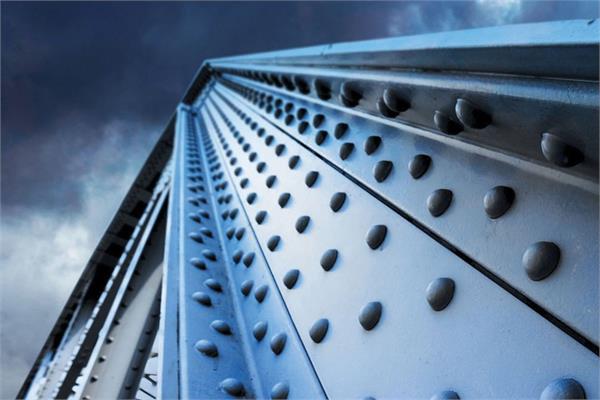
PPG PSX coating range has demonstrated to provide long-term steel protection in challenging environments with single coat.
PPG has recently announced that its PSX™ polysiloxane coatings technology has successfully been tested by an independent third-party laboratory to the requirements for C4H certification under the ISO 12944-6:2018 international standard for corrosion protection of steel structures by paint systems.
Environments such as industrial and coastal areas with moderate salinity and interior exposure environments like chemical plants, natatoriums and coastal shipyards and boatyards are described as highly corrosive and classified as C4. Meeting all the requirements, PPG PSX 700 and PPG PSX 805 coatings can be then applied directly onto metal in a single coat in order to provide corrosion resistance to these C4 structures with an estimated durability range of 15 to 25 years.
“C4H certification is a significant achievement for the PPG PSX coating portfolio. It confirms the long-term protection these products can offer for steel assets in even very challenging conditions with fewer coats. We’re proud to offer customers this unique combination of high performance with lower environmental impacts,” stated Scott Doering, the director of sales and technical service for the protective and marine coatings division of PPG U.S.
PSX coatings use a polysiloxane resin technology from Dow to provide long-term corrosion, weathering and chemical resistance in exposed steel applications such as stadiums, arenas, water towers and hospitals foyers. PPG’s coatings result in material cost savings, less energy-intensive production and application and fewer recoats over time, as they require fewer coats to achieve the same level of protection as alternative systems.
In addition, PSX coatings are ultra-high solids and isocyanate-free and offer excellent colour and gloss retention by resisting the fading, chalking and general deterioration over time that are a common limitation of more traditional finishes such as epoxies and acrylic urethanes.